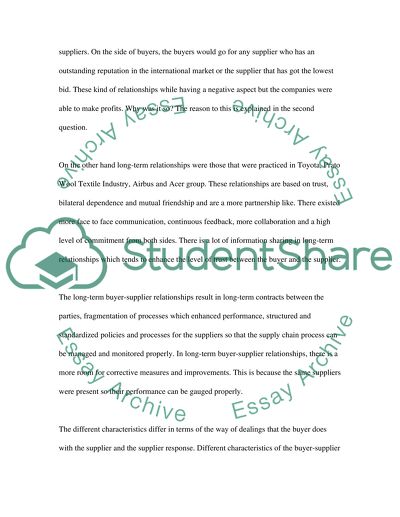Cite this document
(“Building Supply Chain Relationships Essay Example | Topics and Well Written Essays - 1250 words”, n.d.)
Retrieved from https://studentshare.org/marketing/1541212-building-supply-chain-relationships
Retrieved from https://studentshare.org/marketing/1541212-building-supply-chain-relationships
(Building Supply Chain Relationships Essay Example | Topics and Well Written Essays - 1250 Words)
https://studentshare.org/marketing/1541212-building-supply-chain-relationships.
https://studentshare.org/marketing/1541212-building-supply-chain-relationships.
“Building Supply Chain Relationships Essay Example | Topics and Well Written Essays - 1250 Words”, n.d. https://studentshare.org/marketing/1541212-building-supply-chain-relationships.


